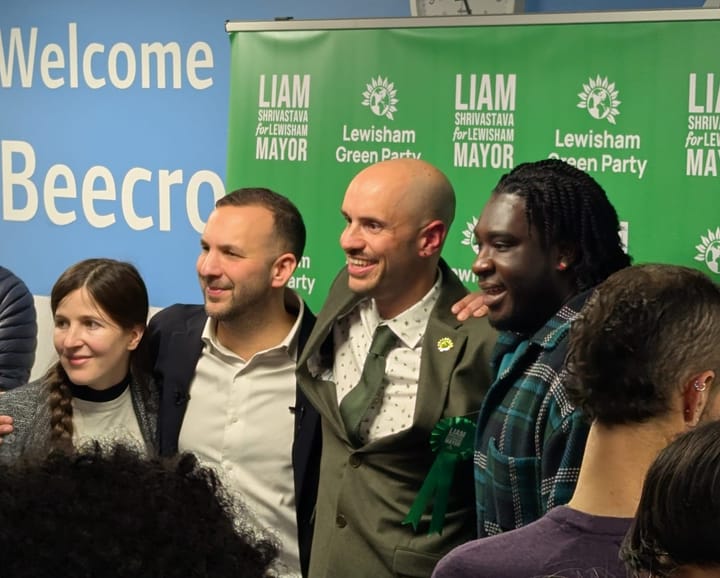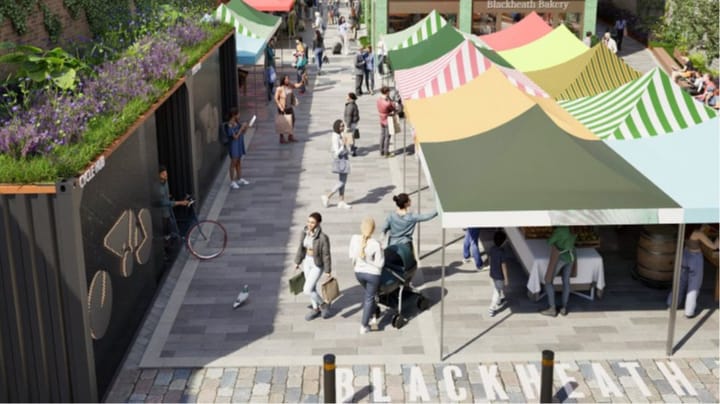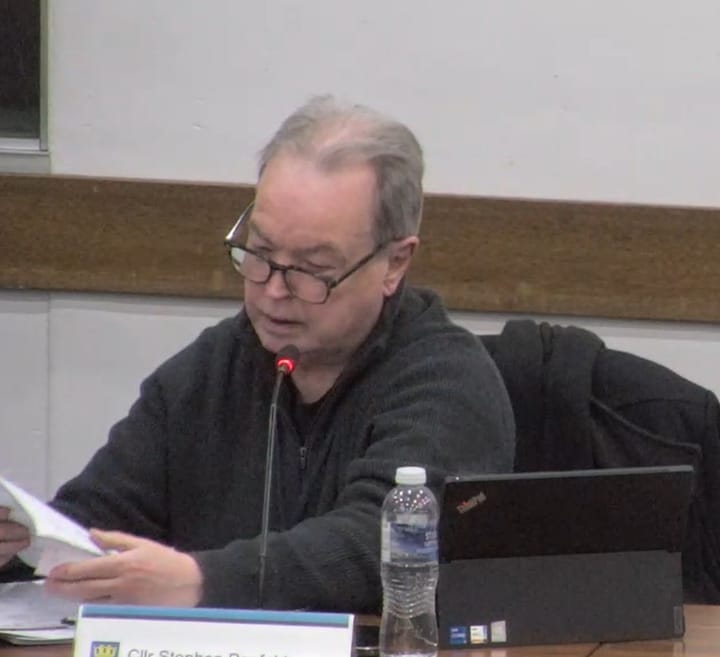"Silencing our compassion for Palestinians" - why Barts Health 3 are going to court
Three healthcare workers are taking a legal challenge against Barts Health NHS Trust's new uniform policy which bans expressions of support for Palestine.
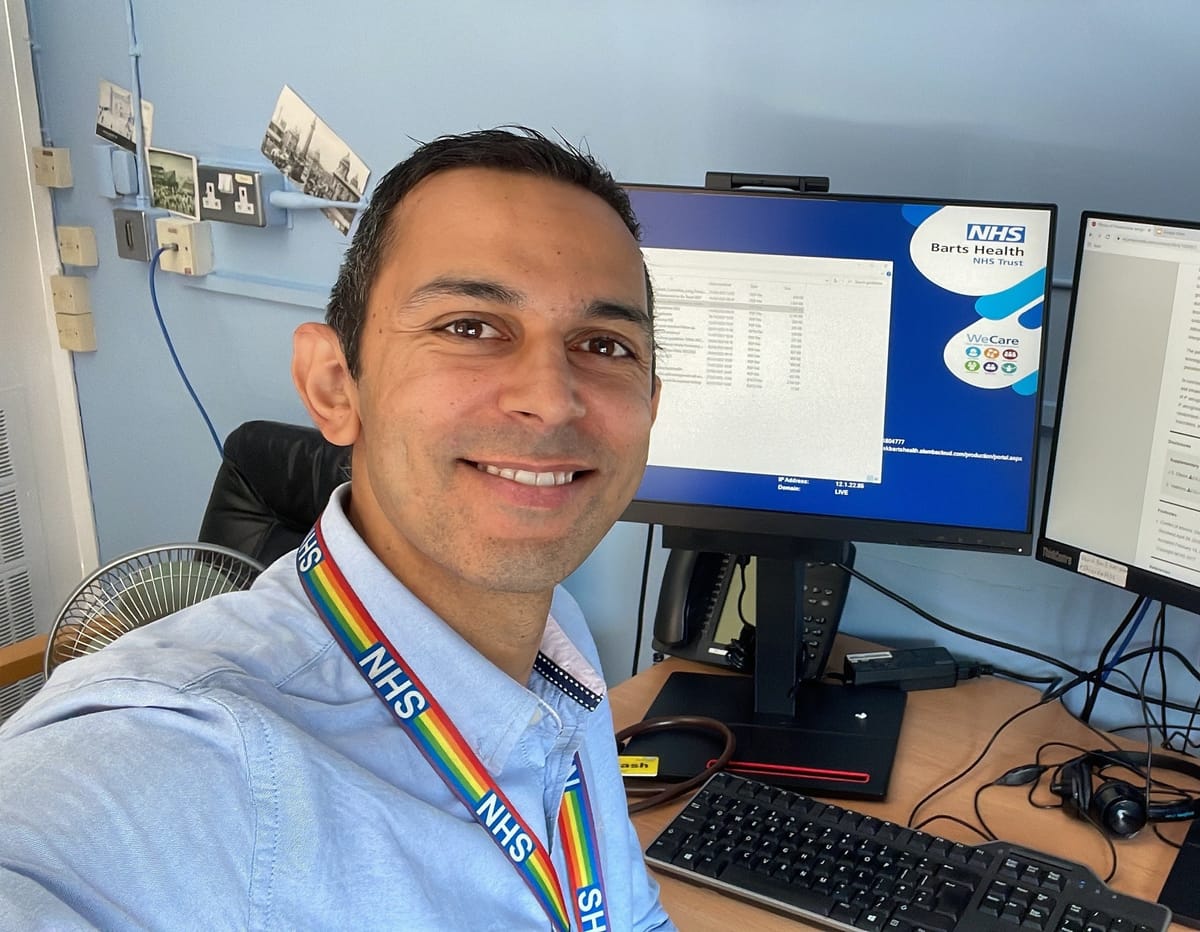
"It's a targeted policy to silence any displays of national identity by Palestinians, which we think is a clear act of discrimination, particularly when those people are at this moment, strongly feeling that they want to celebrate their identity.
"Palestinians want to be able to say who they are, without feeling that they're doing something wrong, or that they're offending people with their identity.
"The policy is also directed at people who have compassion and unity with Palestinians, even if they may not be Palestinian themselves."
Respiratory consultant Dr Aarash Saleh describes Barts Health's new uniform policy, which has led him and two colleagues to take the momentous step of taking the trust to court.
Saleh explains that from early on, he and his colleagues were aware of differences in how the trust was treating the assault on Gaza compared with other international events.
"Following the invasion of Ukraine, the senior management had a very clear position - a willingness to stand with Ukrainians, make open statements of support for Ukrainians and show compassion and solidarity.
"When the bombardment of Gaza began, there was an atmosphere of silence."
He adds that when staff members tried to host events to discuss healthcare aspects of the conflict, they were called into meetings and warned to stay away from the topic.
New policy bans "political symbols"
In March, the trust announced the new uniform policy which bans staff from showing "political symbols". Its stated aim is to "uphold political neutrality, creating an inclusive culture at work and a safe place for patients."
It was immediately applied to staff showing support for Palestine, and campaigners say, only applied to those staff.
Pins on uniforms, including a simple Palestinian flag, were banned. Workers were told to remove stickers from note pads or computers. There were instances of doctors who were on-call overnight, who were reported afterwards for wearing a Palestine pin.
The policy extended to people that were working from home. One of Saleh's colleagues had a Palestinian artwork which included a watermelon in a fruit bowl, olive oil and other items representing his Palestinian heritage, as his Microsoft Teams virtual background.
He was subjected to threats from an executive director.
"He'd been using it for months and months," says Saleh. "Suddenly it’s labelled as antisemitic.
"Suddenly, his identity is said to be antisemitic, offensive to patients and offensive to staff .. and he's told that he should keep it silent."
The pro-Israel lobby group UK Lawyers for Israel (UKLFI) announced Barts' new uniform policy eight days before the trust announced it to staff.
UKLFI is well known for its activity across all sectors which targets support for Palestine, alleges antisemitism and then uses threats of legal action to try to silence or shut events down.
The organisation has been active across the NHS, and got a display of artwork by Gaza schoolchildren removed from Chelsea and Westminster hospital in 2023.
Barts Health has a standard process for development of new policies with “layers of sign-off”, Saleh explains. This includes assessment of whether there is potential for discrimination against any group of staff.
The group believe that the new uniform policy skipped all those steps.
Saleh notes that since the introduction of the policy, the trust has had days celebrating other identities including Philippines Independence Day and South Asian Heritage Day.
“It's really clear who this policy applies to - Palestinians and people who stand with Palestinians.”
"Jewish history of oppression makes us want to stand with oppressed people"
Saleh rejects the underlying assumption that feeling compassion for the Palestinian people is antisemitic, not least, he says, because of his own Jewish heritage.
His background is Iranian-Jewish and he asserts that overall, his Jewish history gives him a kinship with oppressed people.
"The Jewish history of oppression makes us want to stand with oppressed people.”
He says that like many other Jewish people, he finds the trust’s justification for its policy reprehensible.
“It's offensive on another level to be told that if you're Jewish, it's perfectly understandable and acceptable to take the position that you're offended by someone opposing the genocide of Palestinians.
“But that's the view that UK Lawyers for Israel fed to our trust managers.
“They seem to have accepted that it's legitimate to say that if someone opposes the genocide and says that they feel compassion and unity with Palestinians, that can justifiably be taken to be harassment of Jews.”
He appeals: “These are two groups of people, we can feel compassion for one of them without wanting harm to the other.”
"Areas on which healthcare workers should not be neutral"
Returning to his day-to-day experience experience as a respiratory consultant, Saleh says: "First and foremost, I'm here for my patients. I love my work. I have very good relations with almost all of my patients.
He described a very elderly Irish patient telling him how she watches the news and then lies awake thinking of the children of Gaza, and as she told him this, crying in his consulting room.
"It's very natural for people of any background, to see children, in particular, suffering, and not to be all right, to themselves suffer."
He compares the stand that he and his colleagues are taking with "healthcare workers standing against apartheid in South Africa .. or standing side by side with black and ethnic minority people for equal treatment, standing alongside gay and lesbian and trans people."
"There are areas on which we believe that people, and in particular, healthcare workers should not be neutral."
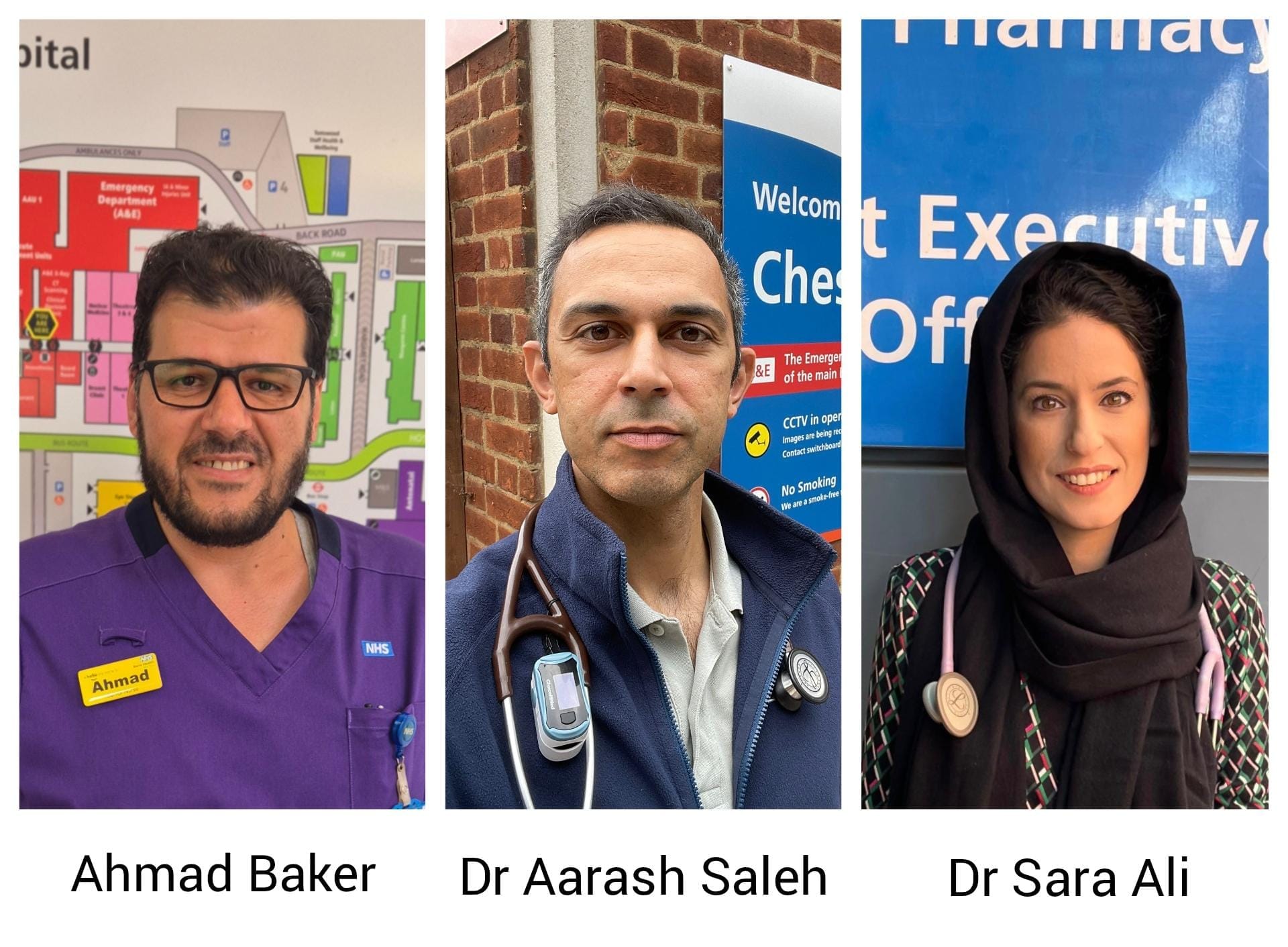
Saleh is taking the legal case with two colleagues; they have each told their stories on their crowd justice fundraiser page.
Ahmad Baker is a Palestinian senior nurse, who begins his account:
"If you’re Palestinian, you are either born a refugee or under occupation."
He appeals: "I believe the NHS must be a place where human rights matter .. and where no one is asked to leave their identity at the door.
Dr Sara Ali is a British Bahraini haematology registrar, she describes how her empathy and compassion for her patients "does not come with a button .. that I can switch off when I step outside the workplace".
She also asserts: "Supporting human rights is not a political stance, and as health workers we should not have to fear retribution simply for exercising our humanity."
The three colleagues have been warned that the trust will "go very far to defend itself."
"I'm aware, like my other two colleagues, that I'm exposing myself to risk by doing this," says Saleh. "I've got a young family, everyone's job is important to them.
"But I think for us, as for a lot of people who are standing up for Palestinians, the stakes are very high.
"And there's a freedom of speech and a freedom of expression issue here, which which perhaps goes even beyond this conflict."
A spokesperson for Barts Health NHS Trust said: “We recognise the distress that global conflict has for our diverse workforce and continue to support their wellbeing as they serve our patients.
"However, as an NHS organisation our primary responsibility is care for patients.
"Our updated uniform policy states that staff are not expected to wear or display political symbols, including badges and slogans or flags on clothing in order to uphold political neutrality, creating an inclusive culture at work, and a safe space for patients in their time of need.”
Donate to the fundraiser to pay legal fees for Barts Health Staff 4 Palestine.
Gaza Solidarity Ceilidh and Dabke on 13 September is also supporting the fundraiser.
Sign-up for our free weekly newsletter - Salamander News in your inbox

